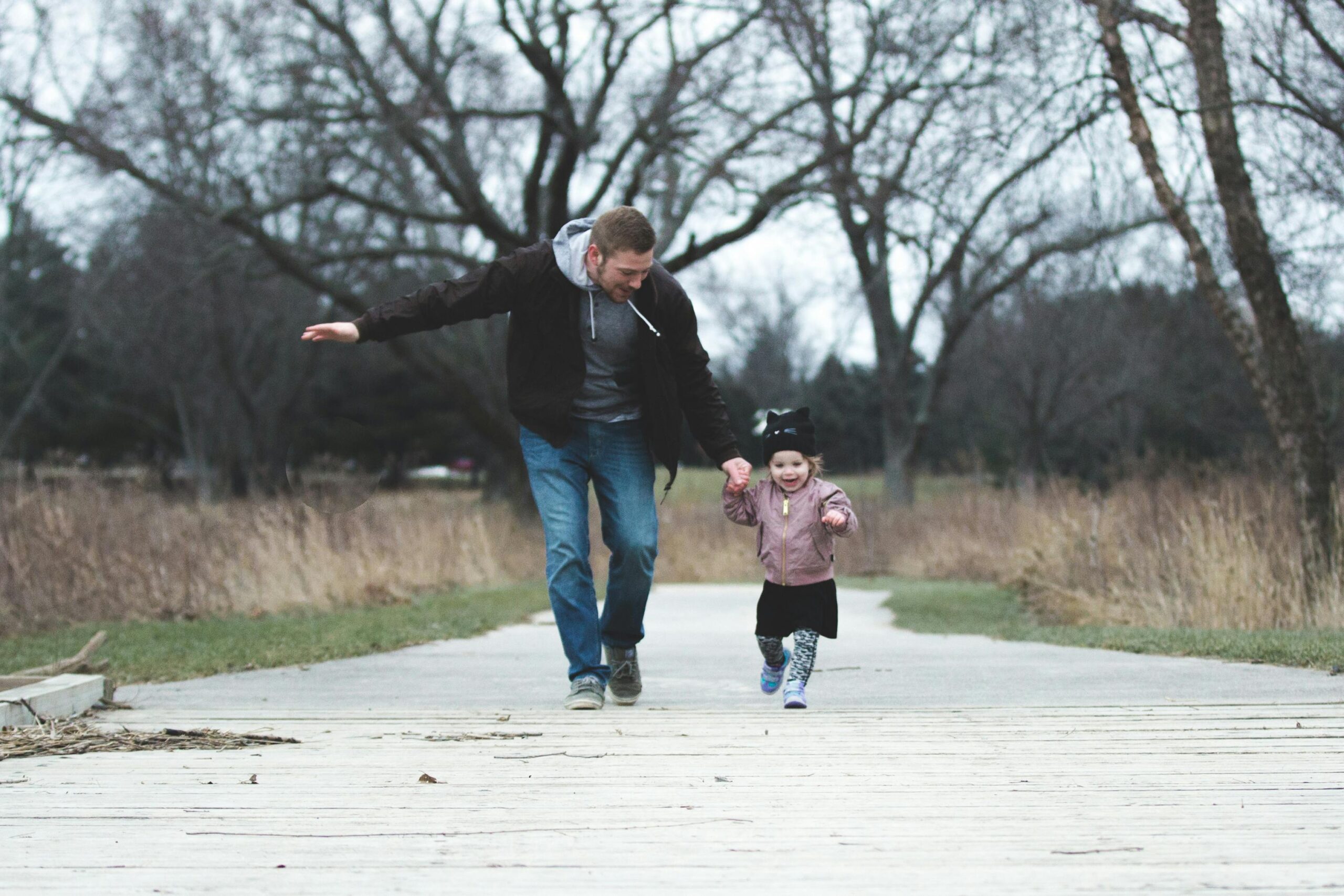Protective orders—like Orders for Protection (OFPs) and Harassment Restraining Orders (HROs)—are powerful legal tools designed to protect individuals from abuse or harassment. But when children are involved, these orders can significantly impact decisions around custody and parenting time.
At Martine Law, we understand how emotionally charged and legally complex these situations can be. Here’s what you need to know about how OFPs and HROs can affect your parental rights in Minnesota.
Understanding OFPs and HROs
Before diving into the impact on custody, it’s important to distinguish the two types of protective orders:
-
Order for Protection (OFP): Typically issued in cases involving domestic abuse between family or household members. An OFP can include provisions related to child custody and visitation.
-
Harassment Restraining Order (HRO): Used when there’s a pattern of unwanted behavior or harassment, and it doesn’t require a family or household relationship. HROs rarely include child-related provisions unless the harassment involves a child.
How Protective Orders Influence Custody and Visitation
1. Temporary Custody Decisions
An OFP may grant one parent temporary custody of the children. This can happen quickly (often without the accused parent being present) if the court believes there’s an immediate risk to the child’s safety. This temporary arrangement can stay in effect until a full hearing is held.
2. Limitations on Parenting Time
If an OFP or HRO is in place, the court may restrict or supervise parenting time to protect the child or the other parent. These restrictions can include:
-
No contact orders between the parents
-
Supervised exchanges or supervised visitation
-
Specific conditions (e.g., parenting time only at a neutral location)
3. Impact on Permanent Custody Determinations
While protective orders are civil and not criminal, they can influence the outcome of a permanent custody case. Minnesota courts must consider any history of domestic violence when determining the best interests of the child. If a judge believes the child’s well-being is at risk, it may result in:
-
One parent being granted sole legal or physical custody
-
Long-term limitations on the other parent’s parenting time
4. False or Strategic Claims
Unfortunately, protective orders can sometimes be misused in custody battles. If one parent files an OFP or HRO to gain leverage, the court will scrutinize the evidence closely. At Martine Law, we advocate for fair and just outcomes—protecting victims while also defending clients against false allegations.
Best Interests of the Child: The Legal Standard
Minnesota courts always prioritize the best interests of the child. When evaluating custody and parenting time in the context of a protective order, judges consider:
-
The nature and credibility of any abuse or harassment claims
-
The child’s safety and emotional well-being
-
The ability of each parent to provide a stable, nurturing environment
Even when a protective order is in place, courts often aim to preserve the child’s relationship with both parents, as long as it’s safe to do so.
What to Do If You’re Facing a Protective Order
If you’ve been served with an OFP or HRO and you share custody of a child, act quickly and get legal representation. These orders can have long-lasting effects on your parental rights, even if the claims are untrue or exaggerated.
At Martine Law, we’re experienced in navigating these high-stakes situations. Whether you’re seeking protection or defending against an order, we’ll help you understand your options and fight for your rights as a parent.



